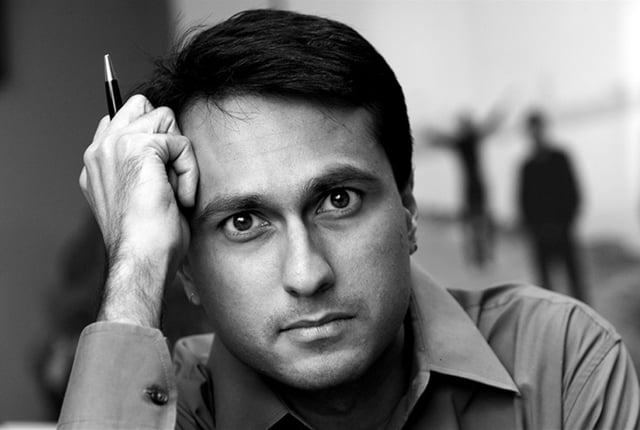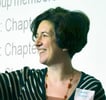This week, in the fourth installment of our series, "What Makes Democracy Work?" we talk with interfaith leader Eboo Patel about what it looks like to build a healthy, religiously diverse democracy. We hope you’ll join the conversation using the hashtag #DemocracyandUs!

Eboo Patel, Photo Credit: Nubar Alexanian
In many of the countries where Facing History and Ourselves works—from Canada and Britain to South Africa and the United States—religious diversity is a fact of life, something that both enriches and complicates these democratic societies. How can people with fundamentally different beliefs live side by side as neighbors and work together as citizens?
This question is at the heart of Eboo Patel’s work. He’s the founder and director of Interfaith Youth Core, an organization that fosters interfaith cooperation, dialogue, and service among young people. He points out that “diversity isn’t just the differences you like” and argues that citizens in a democracy need to learn how to collaborate across even profound differences so they can work together for the common good. When we asked him “What makes democracy work?” he told us about Ruth Messinger, a former president of the American Jewish World Service. In Messinger’s story of working in rural Oklahoma and finding allies across religious differences, Patel sees important insights for how we can navigate religious and political tensions today.
Listen to our podcast with Eboo Patel and read Messinger’s story in the introduction to Patel’s new book Interfaith Leadership: A Primer.
Want to explore these issues in your classroom? Use our lesson, "Responding to Differences in Democracy," to invite students to think about how we can better navigate religious and political tensions in democratic societies. 

